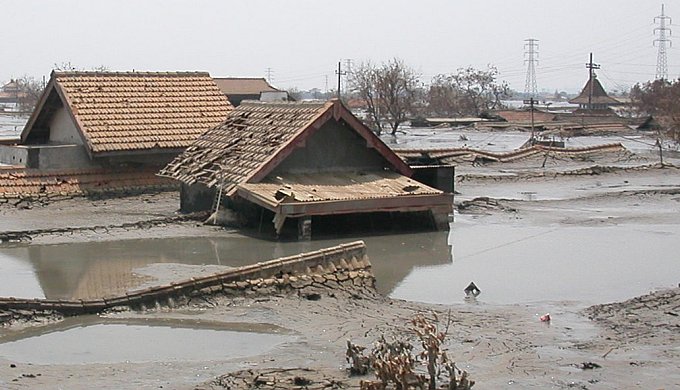Immense impacts or big belches?
Long-age evolutionary interpretations of the 'fossil record' result in evolutionists having to explain various 'mass extinctions' (including the demise of the dinosaurs) in the distant past, e.g. via asteroid impacts, or explosive vulcanism. But there's a much more straightforward answer.










